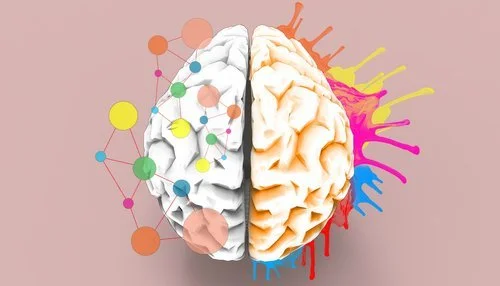
Becoming Fluent in Teenage Girl: A Guide for Parents
Understanding teen girl communication is key for modern parenting. This guide helps caregivers decode texting habits, social media behaviors, and emotional expression. Learn how to connect with your daughter, build trust, and support her mental health during the critical adolescent years.

Understanding the Rational and Emotional Mind in Teens
Understanding the balance between a teen’s rational and emotional mind is essential for caregivers navigating adolescence. This blog explores how the teenage brain processes decision-making, impulse control, and emotional responses—offering practical strategies for parents to support mental health and improve communication. Learn how brain development impacts teen behavior and what you can do to foster emotional regulation, healthy boundaries, and trust.

Understanding DBT: Core Skills for Supporting High-Risk Teens
Discover how Dialectical Behavior Therapy (DBT) empowers high-risk teens with essential coping skills like mindfulness, emotional regulation, distress tolerance, and interpersonal effectiveness. Learn how parents can actively support their teen’s mental health journey by understanding and reinforcing these DBT techniques at home. This guide offers expert insight for navigating adolescent therapy, reducing emotional overwhelm, and improving teen-parent communication.

Empathy: It's More Than Just a Buzzword
In Empathy: It’s More Than Just a Buzzword, explore the powerful role empathy plays in building trust, connection, and emotional safety—especially for high-risk adolescents. Learn how active listening, validation, vulnerability, and authentic support can transform relationships and improve mental health outcomes. Discover why empathy is a foundational skill in parenting, therapy, and adolescent care.

A Look Inside the Teenage Brain
In A Look Inside the Teenage Brain, learn why teens are wired to act impulsively, seek rewards, and struggle with self-regulation. This blog explores adolescent brain development, highlighting how the prefrontal cortex, amygdala, and limbic system affect decision-making, emotional regulation, and risky behavior. Gain insight into how to better support your teen’s growing brain with empathy and realistic expectations.

Welcoming Reality: You Can't Do It All
In Welcoming Reality: You Can’t Do It All, discover why the myth of work-life balance can lead to burnout, guilt, and unrealistic expectations for parents, especially moms. Learn how to shift from pressure to perform toward intentional living by prioritizing what matters most. Explore how embracing personal values, realistic goals, and the concept of flow can improve emotional well-being and support long-term fulfillment.